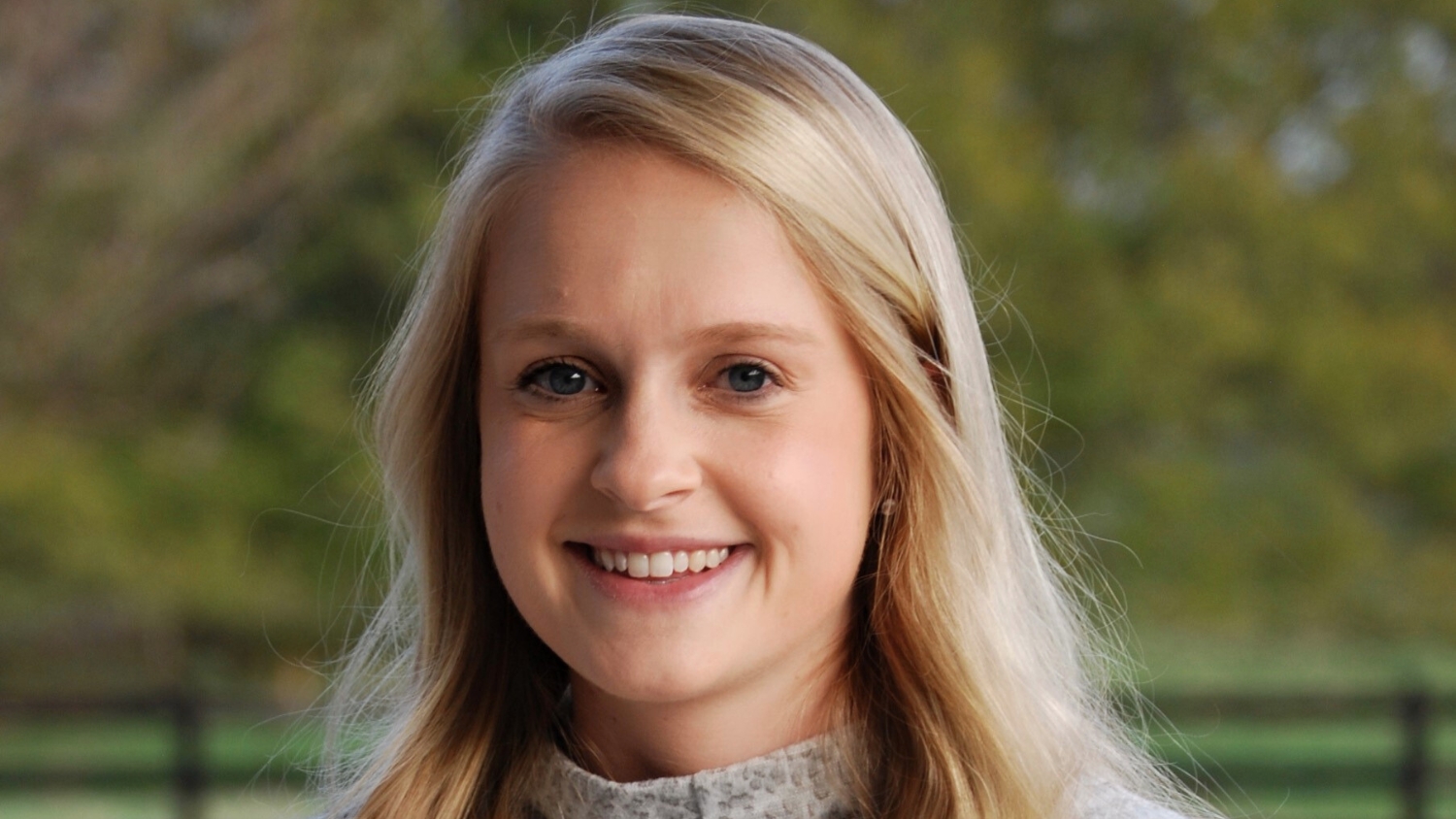As Poole College’s newest Jenkins Master of Accounting (MAC) students entered into their virtual classrooms for the first time, they wasted no time before taking a deep dive into the world of data analytics. To begin the semester, all MAC students participated in a one-week intensive data analytics bootcamp.
“The accounting profession has made significant movements to incorporate data analytics into many elements of the profession. To properly prepare our students, we needed to add data analytics into the MAC curriculum,” explains Scott Showalter, director of Poole’s MAC program.
While last year’s bootcamp was held on campus, concerns around COVID-19 shifted this year’s program to an online format. Students participated in Zoom sessions and collaborated on cases in small virtual groups instead of in computer labs. Showalter was pleased to see that the students’ interaction during the Zoom instructional sessions significantly increased over the prior year’s face-to-face sessions.
Throughout the week, one case study was used and the students applied the particular data analytics knowledge covered in that day’s session to the case study, which allowed their exposure and hands-on application of data analytics to be enhanced as the week progressed.
“We worked in groups on lab assignments that challenged us to critically consider the IMPACT data analytics cycle – how to master the data, perform the test plan and analyze results, and communicate results and visualizations,” explains current MAC student Elizabeth Drobnak. “We accessed actual business data from the University of Arkansas database through a virtual computing lab and gained access to the Dillard’s stores retail data.”
In the first module’s lab, students brainstormed questions to assess profitability for each product and gauge Dillard’s success in its online sales. This exercise was meant to reinforce the importance of identifying questions, the first piece of the IMPACT cycle. As the data analytics bootcamp progressed over the week, students worked through the Dillard’s store data and applied the rest of the IMPACT cycle – including visualizing the database in its entirety, viewing and querying the database in Microsoft SQL server, and learning how to connect SQL server query to Microsoft Excel for further analysis.
“What was so challenging about this module was not performing the logistic regression, but interpreting the results as it relates to Dillard’s sales results, transaction balances and volume, and customer purchasing behavior,” Drobank says. “Last but not least, we practiced creating visualizations of Dillard’s data in Tableau and Power BI. We practiced identifying why certain presentations, such as a heat map or sorted bar graph, would be more appropriate to the analysis.”
The bootcamp was intensive, but provided students with opportunity to collaborate in order to navigate its challenges.
“Students were encouraged to work in groups to leverage each other’s knowledge. I believe this was a great introduction to data analytics and the different ways it can be applied to common business problems, regardless of the industry,” explains Ericka F. Kranitz, CPA and a lecturer in Poole’s Department of Accounting.
“Further, students appreciate how important it is to have these skills in today’s business world.”
Amanda Ban graduated from NC State’s undergraduate accounting program last spring before beginning the online MAC program in August. She found the bootcamp particularly helpful in ensuring all students would have a shared understanding of how to study and use data analytics.
“At NC State, we touch on data analytics as part of the undergraduate accounting program, so I had some familiarity with programs like Excel, Access and Tableau – but some students from other accounting programs weren’t as familiar with the concept,” Ban says. “By starting the semester with having an in-depth explanation of data analytics allows all of us to be on the same page with knowing how to work with data, which will be helpful as we move through the program.”
The design was intentional. With students coming from more than 40 different undergraduate accounting programs, Showalter’s team needed to find a way to level their students’ knowledge of data analytics so that more advanced techniques could be included throughout the program’s curriculum.
“Over the past several years, there have been numerous calls by the accounting profession, advisory boards and the American Accounting Association to increase the incorporation of data analytics and related tools into the accounting curriculum,” Showalter explains. “By hosting a bootcamp, we can incorporate substantive changes into the curriculum in a quick and efficient manner.”



